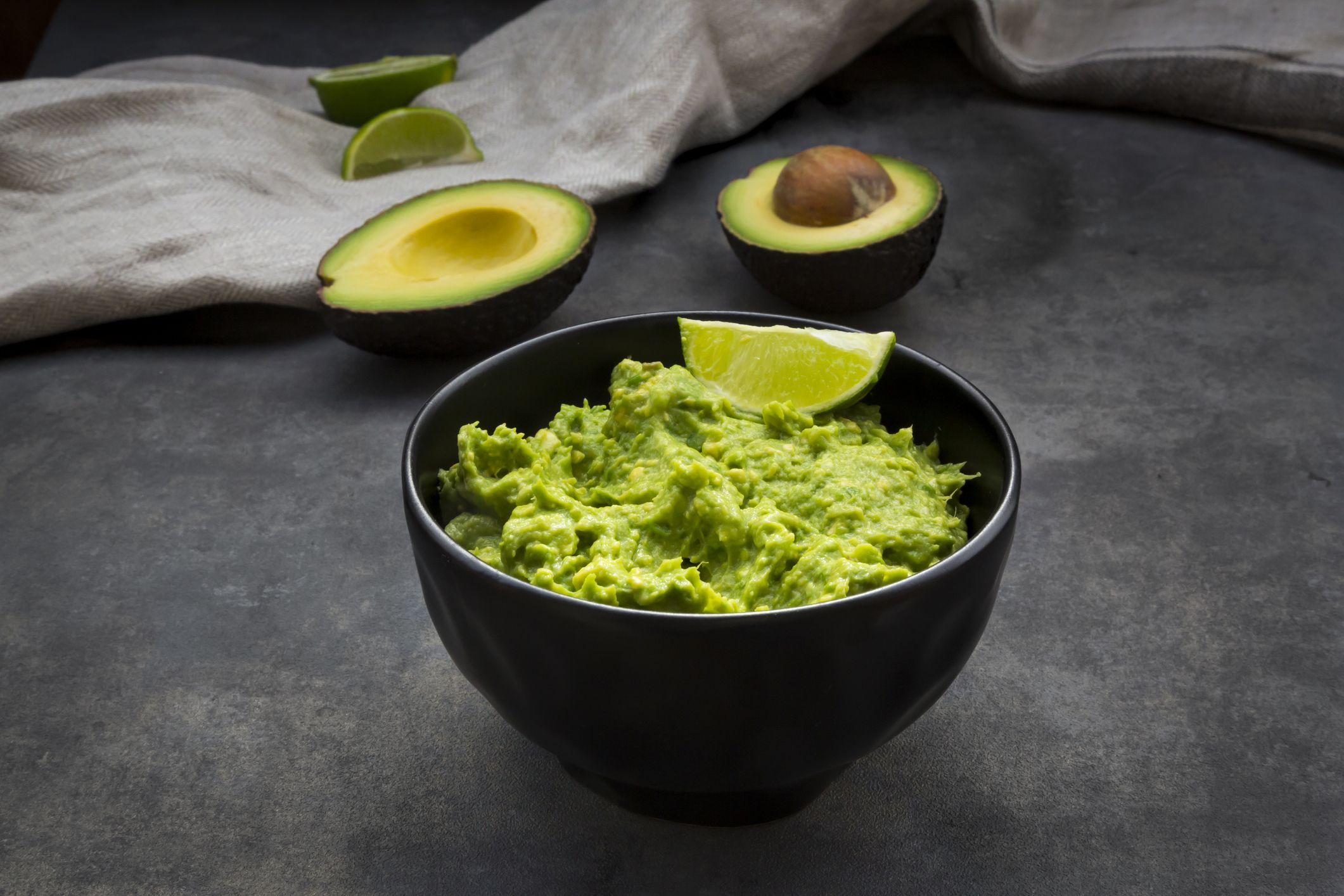
If you’re keto, one of the foods that likely attracted you to the diet is cheese. (I don’t blame you.) Dairy is, typically speaking, a good, low-carb source of fat to help you get and stay in ketosis. But if you’re a fan of a particular subtype of cheese—that soft, creamy-meets-chunky hybrid called cottage cheese—you might be wondering if it makes the keto cut.
It’s a good question, since cottage cheese is in its own lane when it comes to how it stacks up against harder, aged cheeses. And it’s also long been a go-to breakfast or snack for people on all kinds of diets, since it’s traditionally nutritious and fairly low-calorie. But again…is it keto? Here’s the dealio.
What exactly is cottage cheese, anyway?
“Cottage cheese is a fresh cheese in which acid is added to milk, causing the milk solids to form into pieces, leaving the whey behind as liquid,” says Jen Bruning, MS, RDN, LDN, a registered dietitian nutritionist and spokesperson for the Academy of Nutrition & Dietetics.
“Other fresh cheeses are similar, some with more liquid strained out or the solids compressed,” adds Bruning. “Aged cheeses like cheddar or Parmesan are quite different; cottage cheese is meant to be eaten in a shorter time frame and has a very different texture than aged cheeses.”
Need some inspo to stick with the keto diet? These hotter-than-ever celebs might do the trick:
Cool, so is cottage cheese keto-friendly?
In a word: yes! But it comes with a caveat (because of course it does).

“Full-fat cottage cheese can have a place in the keto diet,” says Bruning. “However, because it is mostly protein—and there is a small amount of carbohydrates per serving—the serving size must be considered, with its protein and carbs being balanced out with other things eaten during the day.” That means that while you can definitely enjoy a serving of cottage cheese at breakfast, you might want to skip it for your afternoon snack that same day.
The type of cottage cheese you choose matters, too. You want to keep fat content in mind, and skip on any added sugar (carb alert!) and flavors.
“Full-fat, unflavored versions will fit in well to most people’s keto plans,” says Bruning. “Those with added sugars or add-ins like fruit might be too high in carbs to work.”
FYI, “full-fat” cottage cheese is usually labeled “4%” on the label, so look for that number when grocery shopping.
Got it! Now how should I eat cottage cheese for max keto results?
“One-half cup is the standard serving size for cottage cheese,” says Bruning. (It also contains about 10 percent of your daily calcium needs.)
Here’s the nutrition info per ½ cup serving, according to MyFitnessPal (weirdly enough, the FDA hasn’t logged info on cottage cheese yet):
- 110 calories
- 5 g fat
- 3 g saturated fat
- 14 g protein
- 6 g carbs
- 340 mg sodium
- 5 g sugar
Keeping that in mind, there are tons of ways you can make your cottage cheese even more keto-friendly.
“Pairing cottage cheese with a nonstarchy vegetable, like lettuces or cucumbers, can work in the context of the keto diet,” says Bruning. “If your daily macros allow for some carbs, adding berries to cottage cheese is a tasty combo.”

Of course, if you’re looking to amp up your fat content, Bruning suggests a smart addition: olive oil. “Drizzle with olive oil, and try adding herb blends to mix up the flavors!” she says.
One final note, for good measure: If you’re in any way concerned about meeting your macros to stay in ketosis (or any other nutritional needs), working with a registered dietitian to help you plan on the keto diet is a great resource to help you.
Now go ahead and smile—and say (cottage) cheese! (Sorry, had to…)
Source: Read Full Article